The 200-year-old Orkney festival where girls dress as horses
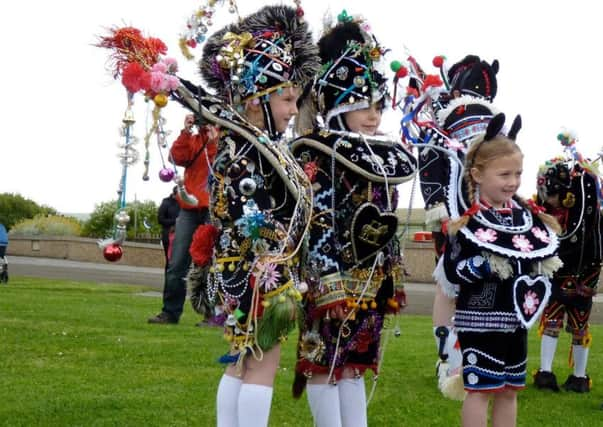

For at least 200 years, the South Ronaldsay Boys Ploughing Match and the Festival of the Horse has taken place in tribute to the isle’s strong agricultural traditions.
Soon, the organising committee will meet to get ready for the 2016 spectacle which is held every year on the third Saturday of August.
Advertisement
Hide AdAdvertisement
Hide AdThe ploughing match is staged on the hard flats of the Sands O’ Wright with the timing of the contest fixed to fit with the turning tides.
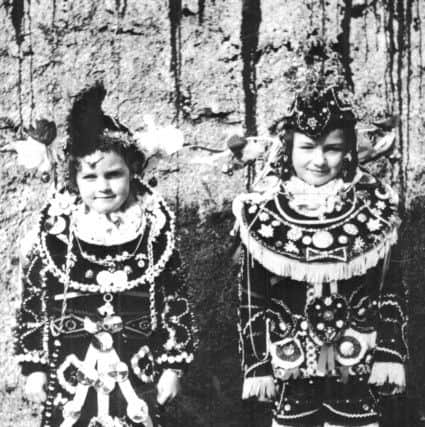

Each boy - some as young as five - has a four feet square patch to plough, as sketched out in the sand.
There he will create dreels and furrows using a miniature single-blade plough unique to the event which is often handed down through the generations.
The early ploughs often just consisted of an ox hoof, or horn, tied to a stick.
The match is a serious business conducted under the watchful eye of grandfathers, fathers, uncles and brothers.
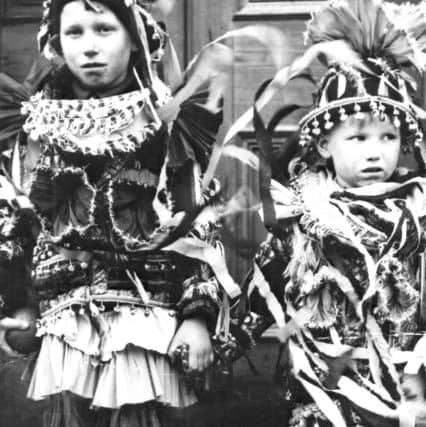

But first comes the spectacle of the Festival of the Horse.
Female pupils of Hope Community School - or those whose relatives have taken part before them - gather in the school hall to transform themselves into richly decorated show horses.
The key to the costume is the heavily adorned harness, just as say a Clydesdale would wear in the ring.
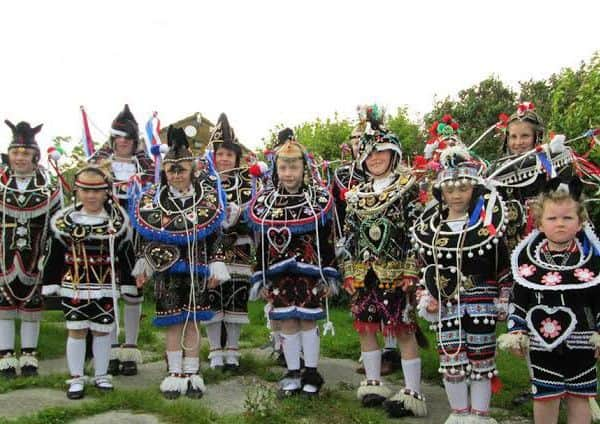

Advertisement
Hide AdAdvertisement
Hide AdThen there are the heavy black shoes for hooves that are dressed with white lace, fringes or fur to create the feathers of the heavy horse.
Moira Budge, secretary of the South Ronaldsay Boys Ploughing Match, said the costumes had become more elaborate over time with the harnesses often passed down through families and added to over the years.
She said: “We have known of a baker’s family who used cake frills around the feet to look like the feathers of a heavy horse. There was also a newsagent who used the trinkets and brooches that sometimes came with magazines.
“People just used what they had and the adornments were sewn onto the Sunday suit. In the past it was very basic as it had to be sewn on and taken off again before Sunday.
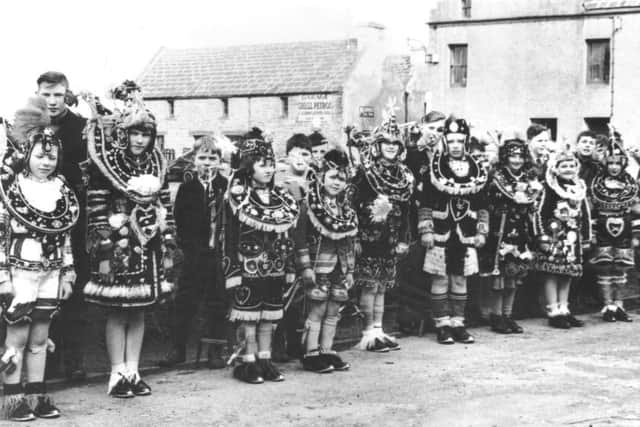

“Once people had more money, they could keep a suit aside and the decorations became more fancy. Next year, they would add a bit more.”
The boy’s ploughing match is the only surviving event of its type on Orkney although similar events were held on neighbouring Burray and Stronsay.
In the early days, only boys would take part in the event but girls became part of the tradition following WWII.
Advertisement
Hide AdAdvertisement
Hide AdThe war stopped the match for around 10 years, but it was revived by former St Margaret’s Hope bank manager Norman Williamson, who commandeered the locals back into action.
Singer and folklorist Christine Kydd, of Angus, researched the South Ronaldsay Boys Ploughing Match and Festival of the Horse as part of her MLitt at the University of Aberdeen’s Elphinstone Institute.
Ms Kydd said: “The whole event is really quite extraordinary. The ploughing is extremely serious business and the costumes worn by the girls are reminiscent of the Pearly Kings and Queens but are actually emulating the competition dress harness worn by horses in competition at agricultural shows.”
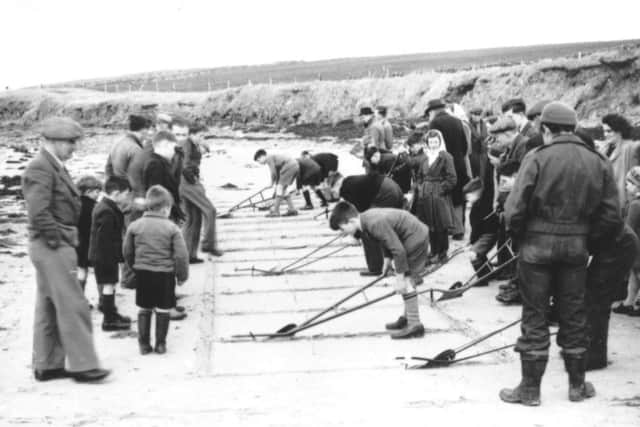

“All the children parade around the playground, the boys with the ploughs and the girls as horses. The costumes glitter, the ploughs are brightly coloured and the blades flash in the sunlight.”
Ms Kydd said the ploughing match and horse festival still had strong support on South Ronaldsay.
She said: “If you are actually involved in something that defines you as a community, that has a connection to the past but functions in the present, there is good reason for doing it.
“There is a really strong sense that tradition in worth continuing for its own sake.”
Advertisement
Hide AdAdvertisement
Hide Ad“The committee are well -organised and committed and these are some of the factors that help it to endure. It not only is a call to the diaspora, but a draw for visitors and tourists to experience something truly unique.”